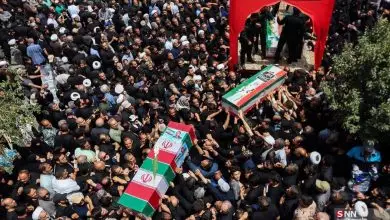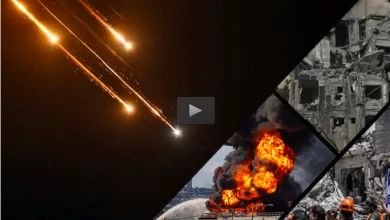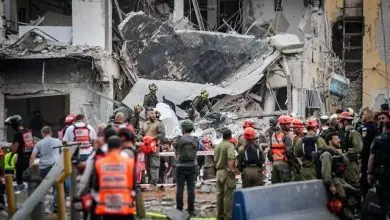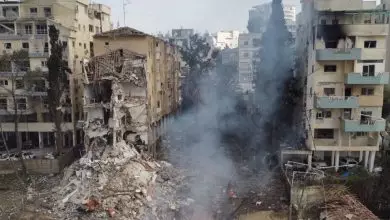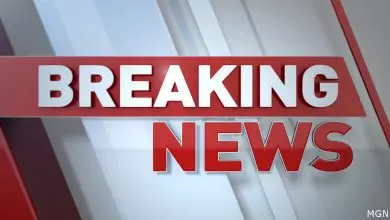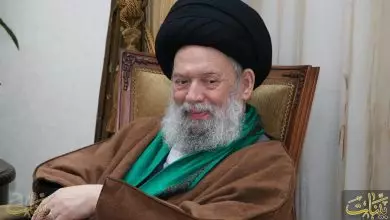Nuclear deal standoff: Iran says US driving on wrong side of road
Iran has touched on the unilateral US withdrawal from the 2015 nuclear deal, saying Washington has been driving on the wrong side of the road and therefore it needs to make a U-turn to “a complete commitment, an effective implementation and then a return” to the deal.
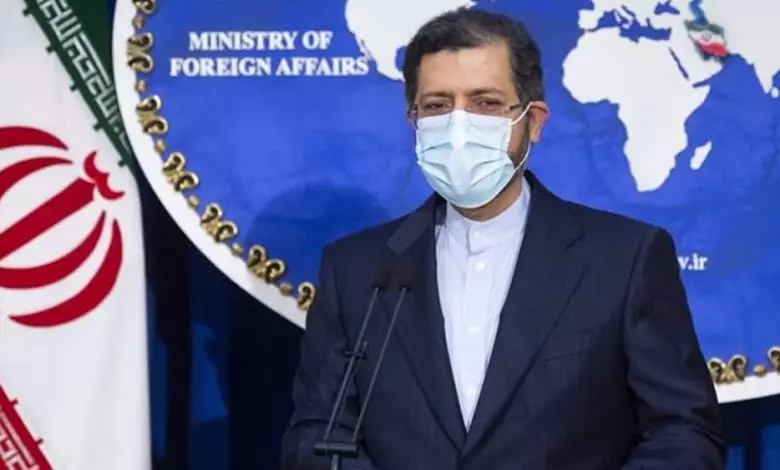
“The US administration and its state secretary have been driving on the wrong side of the highway for a few years now, while thinking whoever comes from the opposite direction is moving in the wrong direction,” Foreign Ministry spokesman Saeed Khatibzadeh said at a weekly press conference on Monday.
Khatibzadeh said the sooner the US realizes the right direction of the road, the better it will be for the international community and multilateral efforts.
The US, under former president Donald Trump, exited the landmark Iran nuclear deal in May 2018 and went ahead with what it termed as the “maximum pressure” policy against Iran. The Islamic Republic remained patient for a year, before taking remedial measures in response to the US withdrawal from the deal, officially known as the JCPOA.
US President Joe Biden, who defeated Trump in the November 3 election, had vowed to rejoin the JCPOA and revoke and replace Trump’s Iran policy during his campaign for presidency. However, since assuming office, Biden has reneged on his promise, calling instead upon Iran to reverse its countermeasures.
“The path that the US must take is completely clear. It must fully honor its commitments and halt this crime against the Iranian people,” Khatibzadeh said, referring to the illegal sanctions Trump imposed on Iran after his withdrawal.
He then pointed to medical issues created for a six-year-old girl as an example of how the US sanctions hamper ordinary Iranians’ access to certain needed medicines.
The spokesman also rejected the notion of “encouraging signs” on Iran’s part – as a French diplomatic source claimed – to take part in informal talks with the US about the issue, saying while Tehran maintains close consultations with the remaining parties to the JCPOA – namely Russia, China, France, Britain and Germany – it has not engaged in any talks with the Americans, who are no longer a party to the deal.
Asked about Foreign Minister Mohammad Javad Zarif’s Friday tweet, he said it was in accordance with Iran’s long-held position on the JCPOA issue, emphasizing the need to dismiss media speculations until the two sides achieve an outcome.
In his tweet, Zarif said he will “shortly present our constructive concrete plan of action—through proper diplomatic channels.”
Khatibzadeh further said the Iranian people will never forget the US crimes being committed against them at this juncture.
“The Biden administration has taken the same path the Trump administration took,” he said. “If a meeting was to take place through such [ploys], it would have happened with Mr. Trump’s better [ploys].”
He added that if the Americans rectify their faults and fulfill their commitments effectively, “then they can speak as one of the members of the JCPOA.”
Khatibzadeh also criticized the three European parties to the JCPOA for failing to fully honor their commitments.
“We are waiting for the implementation of the JCPOA by the Europeans. Iran’s message is clear. Diplomacy is a better and more affordable path… Iran’s countermeasures are also reversible.”
On a mutual understanding recently achieved between Iran and the International Atomic Energy Agency (IAEA), the spokesman said what was achieved between the two sides was a “diplomatic window” that should not be taken for granted by other parties.
‘Immediate end to war on Yemen’
Elsewhere during his press conference, Khatibzadeh voiced concerns over the ongoing tragic crisis in Yemen, saying Iran has for the past six years underlined the need for a ceasefire and the lifting of the Saudi-imposed siege on the impoverished country.
“The sooner Saudi Arabia ends this war, the better it would be for itself and the region. The solution to the crisis is nothing but dialogue and a political solution,” he said.
He said Iran is still fully prepared to offer a great deal of political aid to resolve the issue.
On the Sunday attacks by the Yemeni forces against Saudi oil facilities, the spokesman said what is happening today is the result of six years of the Saudi-led aggression on millions of Yemeni people.
Saudi Arabia and a number of its regional allies, with logistical and intelligence support from the US and several Western countries, launched the brutal war on Yemen in March 2015 in an attempt to restore a Riyadh-friendly regime that had been toppled in a popular uprising.
Children are among the most vulnerable victims of the Saudi war on Yemen, but the issue has barely drawn any international response. The UN children’s agency warned in late June last year that the shortage of humanitarian assistance amid the coronavirus pandemic threatened to push more children in Yemen to the brink of starvation.

